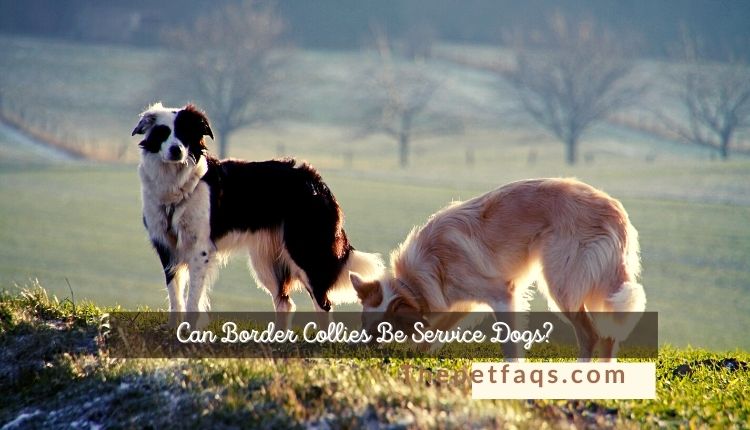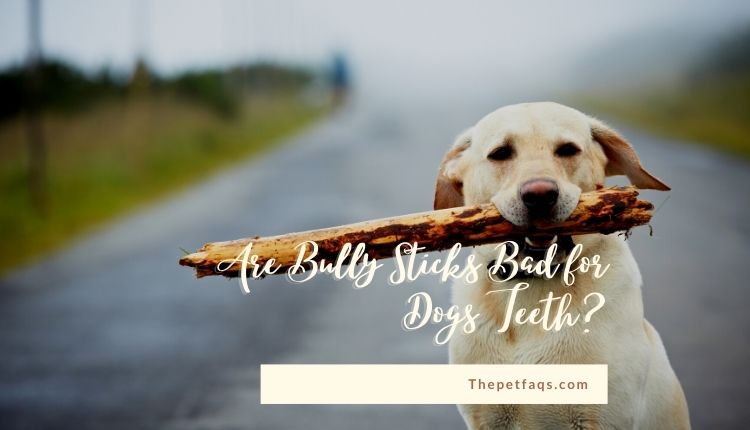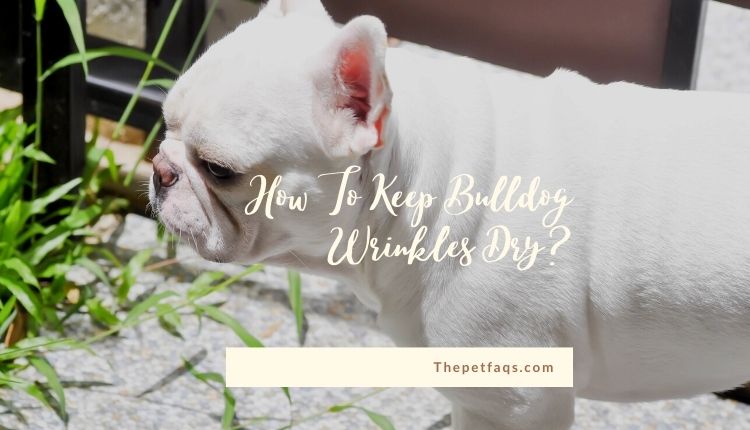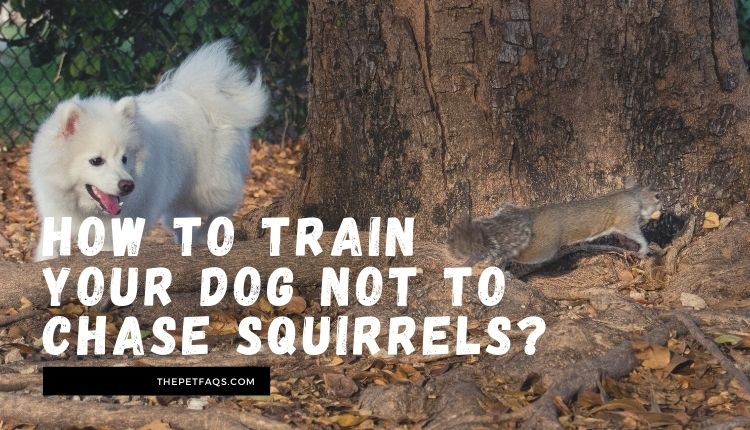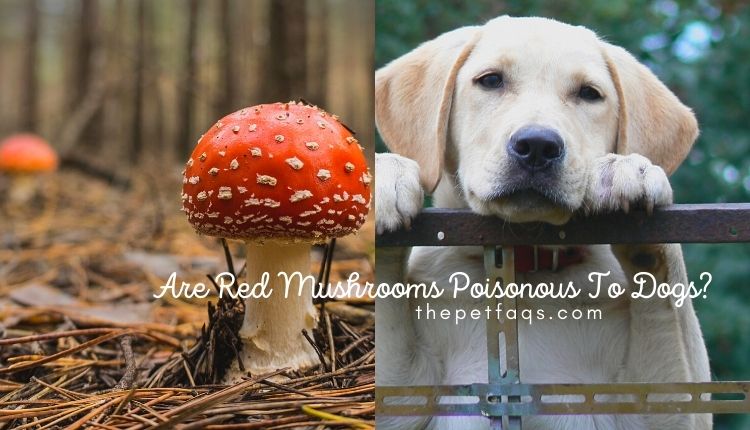Are Dried Cow Ears Good For Dogs? Know The Secret
Are dried cow ears good for dogs? And if so, how do you feed them to your dog? These are two of the questions we receive most often when talking about dog food. Unfortunately, while many people have never heard of dried cow ears, it’s a relatively not popular ingredient in dog food.
Dried cow ear treats are often given to dogs as a chew toy. Some people believe that these treats can be good for their dog’s dental health, while others claim they provide no real benefit. So what is the verdict on dried cow ear treats? There is some evidence that cow ear treats can be good for dental health in dogs.

Animal-based chew toys like cow ears can help break down plaque and remove food items from teeth, which can help to keep teeth clean and healthy. However, it’s important to note that this effect is likely only temporary and will not repair the damage done to teeth by chewing pathogens or other toxins. Additionally, cow ear treats should not be given as a sole chew toy -normal dog bones or bully sticks are also excellent choices for pups who love a good chew!
Dried cow ear is a controversial ingredient. Many pet owners are concerned that it can cause digestive issues in their dogs. The truth is that it’s very rare to see dried cow ears in dog food. However, if you do see it, it’s a perfectly safe ingredient and will probably not have any negative impact on your dog.
We’ll answer your questions all about dried cow ears and explain why you should use this as dog food in this post. Let’s dive in.
What is Dried Cow Ear?
Dried cow ears, also known as beef ears, have a long history used as dog treats. This is because dried cow ears are highly nutritious and also have a lot of flavors.
Are Dried Cow Ears Good For Dogs: Are They Safe?
Generally, cow ears are considered safe for dogs as they are highly digestible. This means everything that reaches the stomach should be successfully digested. However, when they get small enough to swallow, you should remove the last bit to ensure your dog doesn’t swallow it whole and choke on it.
How do I Feed My Dog Dried Cow Ears?
Cow ears become soft as your dog chews on them and once soft, they are relatively easy for a dog to tear pieces of it off. While cow ears ultimately digest, this can cause gastrointestinal discomfort or blockage in dogs. Feed cow ears sparingly to avoid these potential issues. If you’re giving your dog dried cow ears as treats, it’s best to provide them with small pieces rather than entire ears. Dried cow ear treats can also be chewed raw or cooked into a dish.
Benefits of Cow Ears for Dogs
Chewing cow ears can help dogs with oral hygiene in two ways: by removing plaque from teeth and reducing the chances of developing periodontal disease. Cow ears can also provide some nutritional value for dogs. They are high in protein, Eisenia Fetida (a kind of seaweed), and other minerals like magnesium, phosphorus, and zinc.
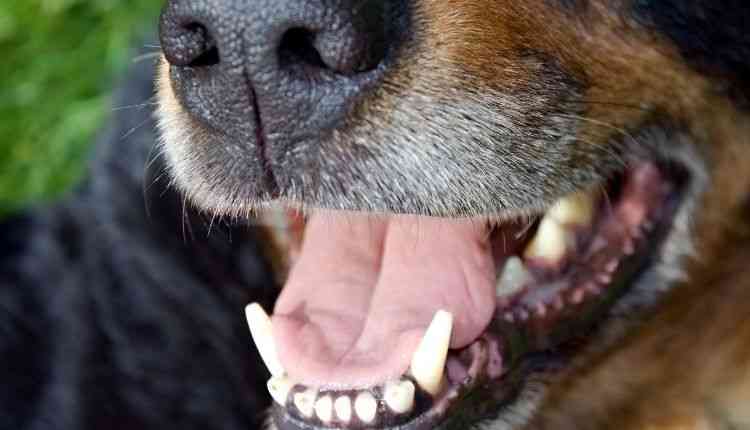
There are other few benefits of cow ears for dogs. First and foremost, cow ears are a prominent alternative to pig ears. They can be 50% bigger, so they will offer your dog something that is more filling and satisfying than pig ear treats. Secondly, cow ear treats tend to be higher in protein than pig ear treats, which is great for dogs who need extra nutrition. Finally, cow ear treats usually have less sugar content than pig ear treats, which is a good thing for dogs who are trying to watch their sugar intake.
Nutritional Information for Cow’s Ears
Cow ears are high in carbs but less in fat, wherein 50g serving cow’s ear is 20g in carbs, 10g of fat, and 2g of protein, and the calorie content is 180. Cow’s ears would make an excellent treat for dogs, but it is essential to be mindful of their diet as cow’s ears can contribute to weight gain in dogs.(1)
Don’t Overfeed dried cows’ ears to your dog.
Please don’t overdo it. The excessive amount of calories can have a negative effect on your dog’s health, causing obesity and digestive problems.
While dried cow ears are a healthy treat for dogs, they should not be fed cow’s ears on a daily basis. Too much of anything can lead to obesity, and obesity is linked to many health problems in dogs.
Downsides & Risks of Cow Ears for Dogs
A few potential issues can come with feeding your dog cow ears:
- They may contain a high amount of calories, leading to obesity in some dogs.
- Due to their tough texture, these ears may be difficult for some dogs to chew and swallow. If this happens, it could lead to choking or other serious health complications.
- Cow ears can be a source of bacteria, which can cause diarrhea in some dogs.
If your dog develops diarrhea after eating cow ears, it’s best to consult with a veterinarian.
Overall, cow ears are generally safe for dogs to eat, but they should be offered in small portions and monitored closely to ensure no negative side effects.
Cows Ears Are not Well Regulated.
Since cows ear is an excellent option to treat for puppies and dogs, but there is no standard for the chews, it can be hard to know if you’re buying a high-quality product or not. In addition, ear chews from cow ears are less safe because of the chemicals used in their production process. Poor quality ears can easily be chipped and even splinter, which can be dangerous for your dog.
Dangers of Bacteria
In addition to being a choking hazard, cow ear chews can also be very dangerous because they’re filled with bacteria. Not only is this unsanitary, but it can also lead to food poisoning in your dog. It’s important to avoid treats that come from raw or unpasteurized dairy products as well as chews made from pig ears, which are often contaminated with salmonella.
Small Choking Risk
Cow ears can be risky if swallowed whole as they tend to contain small pieces that can contribute to choking in dogs. It is important not to overindulge your dog with cow ears as this could lead to weight gain and health complications down the line.
Cow Ears for Puppies
You can give cow ears to puppies as a chew toy to reduce the discomfort of teething. However, cow ears are big and too large for puppies to chew on the whole. You can cut them up or remove them once your pup has eaten his allotted amount.
Are They Safe for Puppies?
Cow ears are safe for puppies to chew on, but they should not be given in bulk as they can become too large and bulky. If you provide cow ears as a chew toy to your pup, make sure that he chews on them within his limits and does not get too carried away!
Cow Ears vs. Pig Ears For Dog Chews
The color of cow ears is a light tan, while pig ears are a darker brown. They both have long ear cartilage that dogs can chew on, but cow ears tend to be chewier and provide more of a nutritional value than pig ears. However, cow ears also have a higher caloric content than pig ears, so they’re not meant to be a daily treat for dogs. Bully sticks are an excellent alternative if pig ears aren’t your dog’s preferred chew toy.
Where To Find Cow Ears For Dogs
You can find cow ears at most pet stores or order them online. Make sure to read the ingredients before giving cow ears to your dog, as some products may contain harmful additives.
What to Look for When buying Cow Ears For Dogs
When looking for cow ears to give as chew toys to your dog, it’s essential to keep in mind their size and whether or not they are safe for puppies. It’s also a good idea to select ear chews from natural sources rather than those processed with chemicals—a few of the criteria you must remember before buying cow ears for the dog.
Made in the USA
Suppose the cow ears you are considering buying are from the USA. In that case, this is a good indicator that they have been made in sanitary conditions and may not be contaminated with harmful substances.
Size and Shape
The size and shape of cow ears will vary, but they should not be too large or small for your dog to chew on. Additionally, the ear chews should not be sharp as this can cause harm if ingested.
Safe for Puppies
If you are looking for a safe chew toy that is also good for puppies, it is essential that the cow ears you buy are made from natural materials and do not contain harmful substances.
Ears can come in various shapes and sizes, so it is important to choose one that will be appropriate for your dog. For example, some dogs prefer small ears while others prefer large ones.
Non-toxic ingredients
It’s important to look for ear chews that have non-toxic ingredients, as this will ensure that your dog does not ingest any harmful substances when chewing them.
Check Dog Reactions Or Any Allergy Appears
If your dog appears to be having an allergic reaction or an allergen in the ear chew, it is best not to give them the toy, as this can cause more harm. Instead, try a different brand if you are concerned about allergies.
Safe Alternatives
There are a number of safe alternatives to cow ears that your dog may enjoy. These include Bully Sticks, Flat Bones, and others.
Questions
How can I use dried cow ears for my dog?
Dried cow ears can be a great addition to your dog’s diet. They are high in protein and essential vitamins and minerals, including zinc, necessary for canine immune system function. Additionally, dried cow ears are an excellent source of unsaturated fatty acids, beneficial for skin and coat health. To give your dog the benefits of cow ears, add them to their food as a supplement. You can also add them to their chewing toys or give them as a reward for good behavior. Just be sure to monitor your dog’s intake, as too many dried cow ears can be harmful.
What are the benefits of using dried cow ears for dogs?
Dried cow ears are a popular choice for dogs because they are high in protein and essential vitamins and minerals. In addition, they are a good source of dietary fiber, which can help to regulate digestion. The dried cow ears are also high in calcium and other minerals, including magnesium, essential for maintaining a healthy heart. Dried cow ears are also a good source of antioxidants, including flavonoids, which have anti-cancer properties. They can also help reduce inflammation in the body and improve the functioning of the liver and kidneys. While dried cow ears are not a substitute for fresh cow ears, they can be a good supplement for dogs not getting enough fiber in their diet.
Should You Give Cow Ears To Your Dogs?
This is a difficult question to answer, as the effects of cow ears on dogs depend on the dog’s size and breed, the dog’s age, and the quantity and quality of the cow ears. Some people believe that cow ears are a good source of protein for dogs, while others think they can be harmful. Therefore, it is important to consult with a veterinarian before giving your pet cow ears to ensure safety and benefits.

